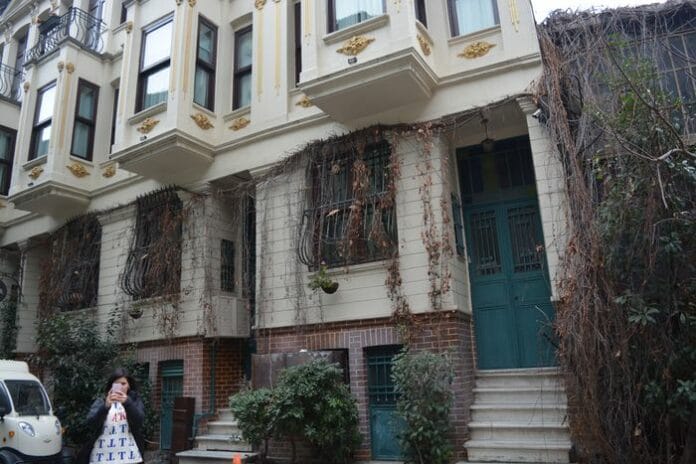In 1879, Bulgaria imported goods worth 32 million francs and exported goods worth 20 million francs.
By 1886, after joining with Eastern Roumelia, imports rose to 64 million francs and exports to 50 million francs.
By 1911, imports had grown to almost 200 million francs, and exports were nearly 185 million francs.
If Bulgaria had not lost the port city of Kavala (on the Aegean Sea) because of the Treaty of Berlin, its trade with Western Europe could have grown even more.
Since Bulgaria couldn’t access the Aegean Sea, most of its imports came from Austria and Germany. This may explain why the German Emperor tried hard to stop Bulgaria from getting Kavala the year before this article was written A Strong and Fair Constitution.
Education Under Turkish Rule and After
In 1879, Bulgaria had 1,088 schools, 1,379 teachers, and 56,855 students.
In 1881, Eastern Roumelia had 846 schools with 1,084 teachers and 48,094 students.
That made a combined total of about 145,000 students—but only 19,000 were girls, likely a result of the long period of Turkish rule that did not promote education for girls.
Education After the Union
In 1886, after Bulgaria and Eastern Roumelia united, the country had 2,410 schools and 160,000 students.
By 1911 (just before the war), the number of schools had grown to 5,400, including public, private, middle, and high schools.
There were 13,461 teachers and 520,818 students:
309,582 were boys
211,236 were girls
Spending on Education
In 1911, the total cost for education was over 25 million francs.
The government paid about 72% of this amount Guided Tours Istanbul.
Local communities (communes) paid 20%.
Different religious schools also received support:
Mohammedan (Muslim) schools: 524,172 francs
Jewish schools: 209,754 francs
Catholic schools: 567,710 francs
Some of these religious schools were even run by foreign organizations.
Big Improvements in Literacy
Education made a big difference in people’s lives, especially for new army recruits.
In 1898, 48.7% of army recruits couldn’t read or write.
By 1909, that number dropped to only 20.6%.
This shows how much progress Bulgaria made in just a few decades through investment in education.








